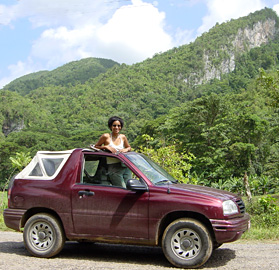
Driving is an excellent way
to explore beauty of Cuba.
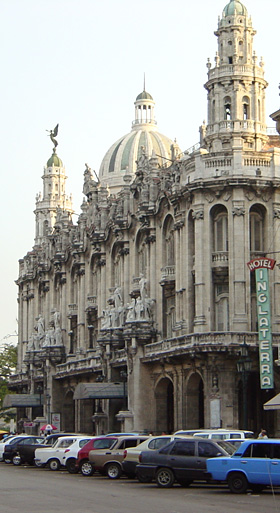
The Great Theatre of Havana
Gran Teatro de La Habana
was officially opened in 1838
located in Paseo del Prado.
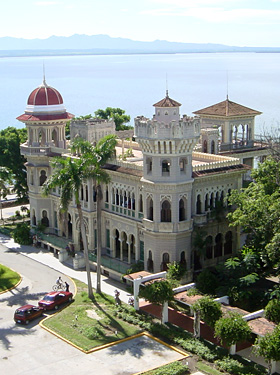
Cienfuegos Perla del Sur, located on the
southern coast of Cuba, area
embraces
one of the most beautiful bays.
Cuban Beers
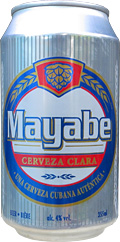
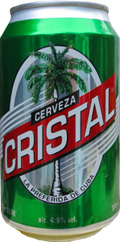
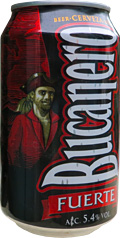
Cuban Cocktails
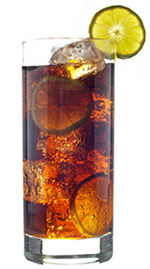
Cuba Libre
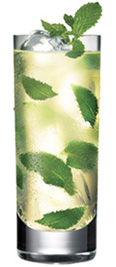
Mojito
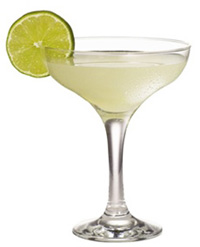
Daiquiri
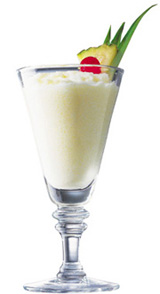
Pina Colada
|
Cuba has so much more to offer those who venture away from its beaches to the towns and cities and their Spanish colonial architecture and grand plazas, where classic automobiles labour along streets and country roads, and the hip swaying sounds of Cuban salsa music fill the night air. Together with cigar smoke and rum cocktails, baseball, and visual references of the Cuban Revolution.
Christopher Columbus discovered Cuba on his way back to Spain in his second voyage in 1492, Cuba is so large that it allegedly confused Columbus, who thought he had discovered a continent and not an island. The main island is 1200km long with an irregular coastline that offers hundreds of bays and beaches.
Political isolation have protected Cuba from mass tourism; the main towns and villages retain a crumbling colonial charm.
With its history and great choice of natural attractions Cuba has much to offer, most visitors agree that Cuba is a country so extraordinary, that to be truly understood and appreciated it has to be experienced in person.

 National Symbol National Symbol
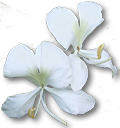
 National flower National flower
The White Butterfly, species of endemic jasmine used by Cuban women in the wars of independence, to send a messages to the battlefields. It symbolizes purity, rebellion and independence.
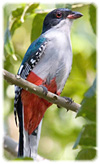
 National bird National bird
The Tocororo (Priotelus Temnurus) An indigenous bird of the quetzal family, whose plumage reproduces the colors of the Cuban flag: red, blue and white.
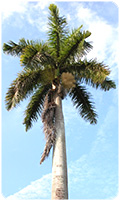
 National tree National tree
Royal Palm Tree, the palm can be found all over the island, it symbolizes the unswerving nature of the Cuban people, as it withstands and remains upright during the fiercest of gales.

 National flag National flag
It flew for the first time in the city of Cardenas in Matanzas, in 1850. The three blue stripes represent the administrative districts in which the island was then divided. The two white stripes evoke the purity of the intentions of the nation’s freedom fighters. The sole white star is a symbol of absolute liberty.
|
 Electricity Electricity
Cuba’s electricity is 110 Volts / 60Hz, most hotels and resorts
offer 220 Volts. Electrical outlets take flat plug prongs, and round two-pin plugs are most common.
 Time Time
Cuba is on Eastern Standard
Time, local time is GMT - 5 hours. From May through October, Cuba moves into daylight
savings time (one hour ahead).
 Language
Language
The official language is Spanish, but English and French is spoken in all the hotels and main tourist spots.
 Health Health
Health insurance, with provision for emergency repatriation, is compulsory for visitors to Cuba. Those travellers without adequate health insurance will be obliged to purchase Cuban health insurance on arrival.
No vaccinations are officially required, however visitors are advised to take precautions against typhoid if travelling to rural areas. Most of the more serious tropical diseases are rare in Cuba, but viral meningitis and dengue fever do occasionally break out, including in urban areas like Havana. Dengue fever is on the increase and the best prevention against it is mosquito repellent and suitable clothing to avoid being bitten.
Food is considered safe, bottled water is available although mains water is chlorinated. Cuban medical facilities are mediocre and many medicines are unavailable. Those requiring regular prescription drugs should bring them.
 Climate Climate
Cuba is situated near the Tropic of Cancer and therefore enjoys a warm climate. Rainfall is high and relatively even, although there are two distinguishable seasons: the dry season is from November to April, and rainy season is from May to October. The average temperature during the day is 27 C / 81 F while at night it is 20 C / 69 F July and August are the hottest months.
 Tipping Tipping
Tipping in Convertible Pesos $CUC is welcomed, as salaries in the service industry are small. A 10% tips are appreciated in restaurants and by taxi drivers. Small amounts are appreciated by all hotel staff.
|
 Safety
Safety
Cuba is considered free from any threat of terrorism, but theft from baggage during handling is common, and valuables should not be packed in suitcases. Be wary of pickpockets and bag snatchers in tourist areas and on buses or trains. Visitors should be particularly careful after dark in Havana, tourists are advised to take taxis after dark rather than walk.
Beware of thefts from rooms in private homes - casas particulares.
Tropical storms and hurricanes usually occur between June and November; although good warning is given, electricity, water and communications can be disrupted. Political situation is calm at present time, political gatherings should be avoided.
 Customs Customs
Visitors should address Cuban men as senor, women as senora and girl as senorita. Cubans are engage in political discussion and debate, it is not advised to criticise Cuban government vocally, and one should be respectful of Cuban Revolutionary figures such as Fidel Castro and Ernesto Che Guevara.
 Business Business
Cubans tend to be warm and hospitable, and business is conducted more informally. Establishing a good relationship is vital to successful business and some time may be given over to small talk. Business in Cuba tends to take some time and effort. Punctuality is always important, but don't expect meetings to begin on time or deals to be struck quickly. Dress tends to be more casual than elsewhere and businessmen usually wear traditional shirts and women dress sophisticatedly. Business hours are usually 8.30am to 12.30pm and 1.30pm to 4.30pm Monday to Friday.
 Communication Communication
The international access code for Cuba is 53, outgoing code is 119 followed by the relevant country code.
Cellular phone company Cubacell have roaming agreements with many international cell phone companies, but not the United States. A GSM network covers most main towns, and cell phones are available for rent, or you can activate your open cell phone in Cuba. Public telephones are widely available for domestic and international calls, but international calls are expensive. All the public phones use only the Pre-paid phone card, no coins. Internet cafes are located in the cities Etecsa Telephone Centers and in the hotels.
Direct dialing codes within Cuba:
Ancon
419
Baconao 223
Baracoa 21
Caibarien
42
Camaguey (city) 322
Cayo Coco 33
Cayo
Largo del Sur 45
Ciego de Avila
(city) 33
Cienfuegos (city)
432
Florida 32
Granma
(entire province) 23
Havana
7
Holguin (entire province)
24
Las Tunas (city)
31
Matanzas (city)
52
|
Moron
335
Pinar del Rio (city) 82
Playa Covarrubias 31
Playa Giron & Playa Larga 59
Remedios 42
Sancti Spíritus
41
Santa Clara (city) 422
Santa Lucia beach 32
Santiago de Cuba (city) 226
Santiago de Cuba (province) 22
Topes de Collantes 42
Trinidad 419
Varadero
45
Vinales Valley
8
|
 Havana Taxi Havana Taxi
Habanataxi: tel: 7- 41-9600 Havana - less expensive
Panataxi: tel: 7- 55-5555 Havana - less expensive
Taxi Havanautos: tel: 7- 832-3232. Havana - economic
Taxi Transtur: tel: 7- 208-6666, 204-6163 and 204-9198 Havana - economic
Taxis Gaviota: tel: 7- 339-780 and 666-777 Havana - economic
Taxi OK: tel: 7- 204 -9518 or 204 -9519 Havana - expensive
Fenix: tel: 7- 863-3149 Havana - expensive
 Bus line Bus line
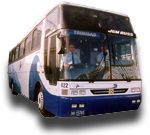
Viazul: tel: (53) 7- 881-1413 and 7-881-5652 in Havana.
Viazul is the best bus line, for trips to all over Cuba. Viazul Bus 
 Tourist Assistance Tourist Assistance
These services are guaranteed by the company ASISTUR, which is represented in all of the main tourist resorts in the country and has an Emergency Center that operates the whole year round tel: (53) 7-88-35 in Havana.
Airport Departure Tax is now included in your air ticket.
 Bus Tours and Transfers Bus Tours and Transfers
Havanatur: tel: (53) 7-204-7300, 7-204-7299 Havana.
Omnibus Transtur: tel: (53) 7- 66-6138 and 7-66-6139. Havana.
Veracuba: tel: (53) 7-201-6753 and 7-201-7374 Havana.
Transgaviota: tel: (53) 7-33-9780 Havana.
|
Recognize Road Distances in Cuba
|
Custom duties and tariffs for imports in Cuba - Aduana Tarifas para las importaciones en Cuba.
 Customs Duties - Descargar Aduana Tarifas Customs Duties - Descargar Aduana Tarifas 
 Duty Free Duty Free
Travellers to Cuba over 18 years do not need to pay customs duty on 200 cigarettes or 50 cigars or 250g of tobacco; 3 bottles of alcoholic beverages; gifts to the value of US$50; and up to 10kg of medicine.
Seeds, fresh animal or vegetable products, narcotics and psychotropic substances; explosives, firearms and ammunition; pornographic material; publications directed against public order and morality and household electrical appliances are all prohibited.
Strict regulations govern the import or export of philatelic collections; precious stones and metals; artistic, historical or cultural artefacts. For more
information and complete list of prohibited articles, visit website: www.Aduana.co.cu
 Currency Currency
Official currency is the Cuban Peso CUP, divided into 100 centavos, but tourist currency is Convertible Peso CUC, which replaces the US Dollar as currency in tourist related establishments like hotels, restaurants and dollar shops. US Dollars are no longer accepted as payment, 10% commission or more is charged to exchange them, therefore the best currency to bring along is Euros, the British Pound or Canadian Dollars. Cuban Money 
The $CUC is equal in value to the $US Dollar, some places only accept Cuban pesos and others only Pesos Convertible tourist related establishments. Money should only be changed at official exchange bureaux or banks to avoid scams confusing the two currencies. Visa and MasterCard are generally accepted only in major cities and hotels as long as they haven't been issued by a US bank; Diners Club has limited acceptance, and American Express is not accepted anywhere on the island.
Travellers cheques are less readily accepted than credit cards, but all major currencies are acceptable, except for US bank issued cheques. No US-issued credit or debit cards will work in ATMs, but those holding other cards issued in other countries should be able to get $CUC pesos at most major tourist destinations.
Euro or Sterling travellers cheques are accepted at Cuban banks and Bureaux de Change.
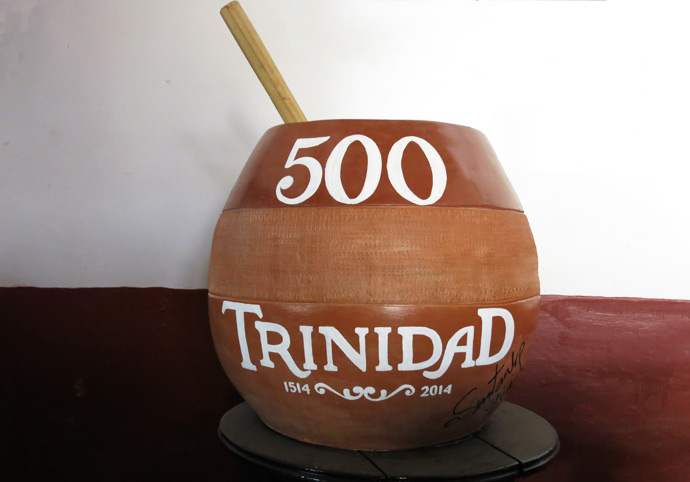
|
|

















